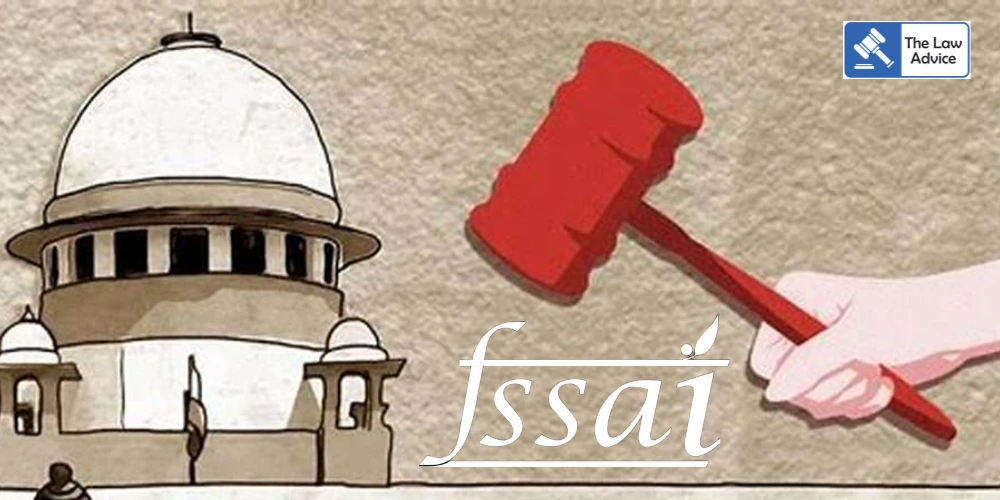New Delhi | July 17, 2025
In a firm but fair move, the Supreme Court of India has granted a final three-month extension to the Food Safety and Standards Authority of India (FSSAI) expert committee to submit its report on mandatory front-of-pack warning labels (FOPL) for packaged food products.
The decision comes after repeated delays by the authority in finalizing a labelling framework aimed at curbing rising lifestyle diseases linked to excessive sugar, salt, and fat consumption.
Court Gives “One Last Chance”
A bench comprising Justice J.B. Pardiwala and Justice R. Mahadevan made it clear that this was the last opportunity being granted to FSSAI to complete the task, which was initially ordered in April 2024.
“This is the final extension. We expect full compliance. Failure to submit the report within three months may invite necessary action,” the Court observed, making its stand unambiguous.
The expert committee had been directed to finalise its recommendations by July 9, 2025, but sought more time citing the need for further consultations and analysis.
What’s the Warning Label Fuss About?
At the heart of this litigation is a push for clear, visible health warnings on food packets that are high in sugar, sodium, or saturated fats. Activists and health experts argue that Indian consumers deserve straightforward labels such as red warning symbols rather than star ratings or vague metrics.
The FSSAI has proposed an Indian Nutrition Rating (INR) system based on a star scale, but critics say it confuses rather than informs. The PIL petitioners advocate for “High in” labels, like those mandated in countries such as Chile, Brazil, and Mexico, to improve consumer awareness and discourage unhealthy food choices.
Timeline of Delays
• April 2024: Supreme Court directs FSSAI to form an expert panel and submit a report within three months.
• July 2024–2025: Multiple extensions granted due to ongoing consultations.
• July 9, 2025: Final deadline missed; SC grants last three-month extension.
• October 2025: New final deadline to submit expert recommendations.
The Court took note of FSSAI’s submission that over 14,000 public comments had been reviewed and regional consultations were held, but expressed concern about repeated postponements.
Why This Matters
1. Public Health Emergency: India is facing a surge in obesity, Type 2 diabetes, and hypertension—much of it linked to ultra-processed foods. Clear warning labels are a proven global strategy to address this.
2. Right to Know: Consumers deserve transparent, easy-to-understand information before they decide what to eat. The Court emphasized this as a matter of informed choice and fundamental rights.
3. Corporate Pushback vs. Consumer Rights: Big food companies have reportedly lobbied against warning labels. The case pits industry interests against public health, placing the judiciary in a pivotal position.
Case Title: 3S & Our Health Society v. Union of India & Ors.
